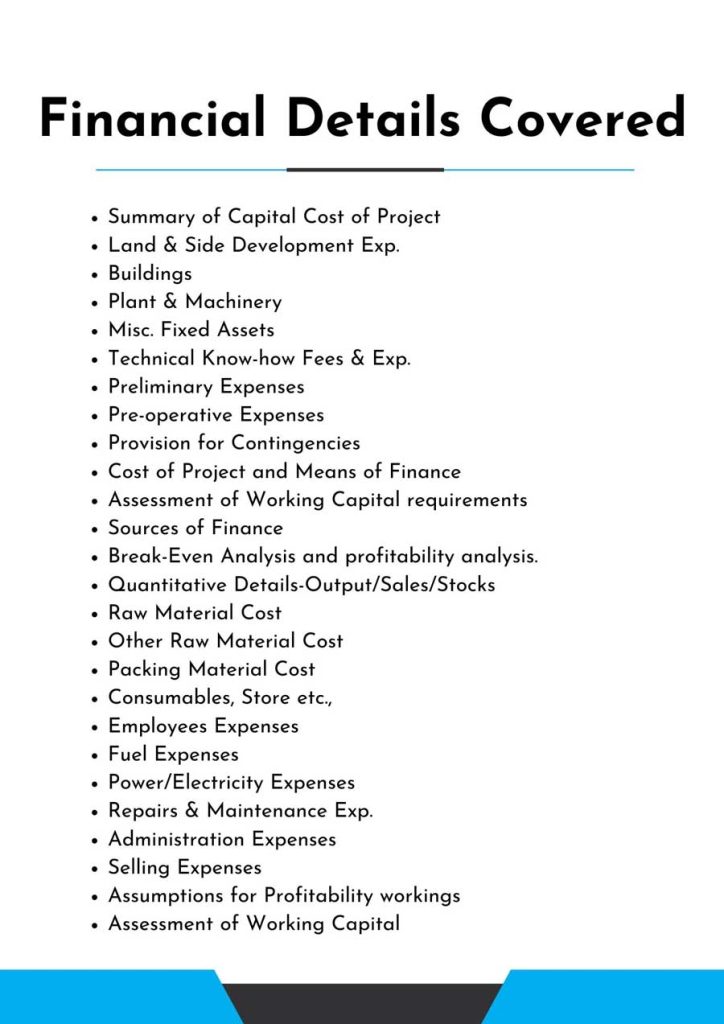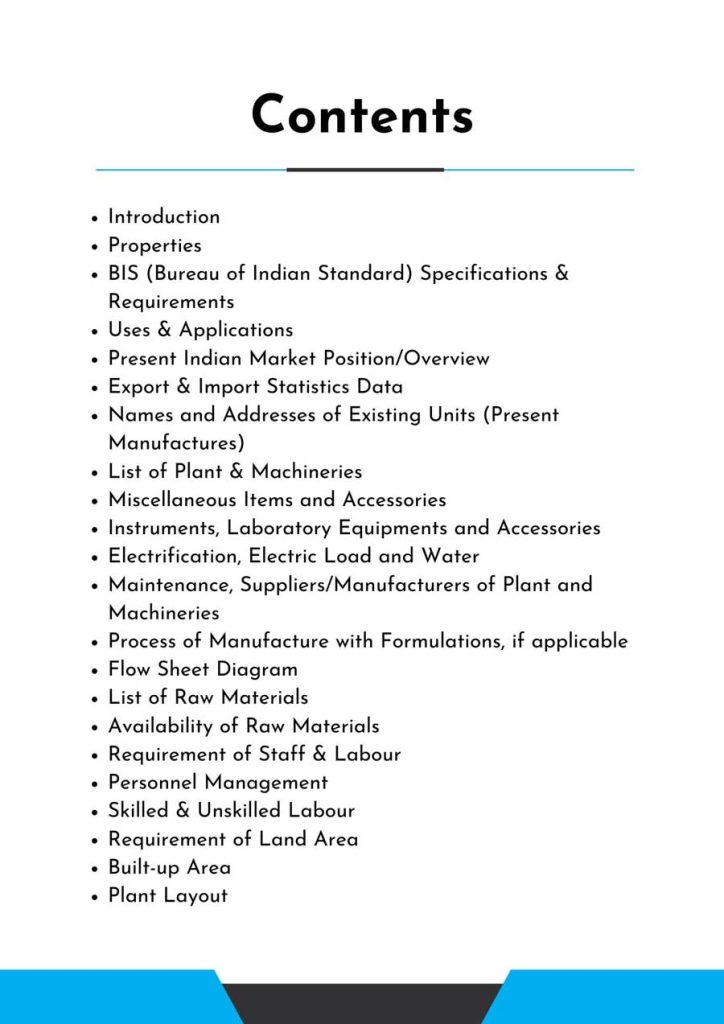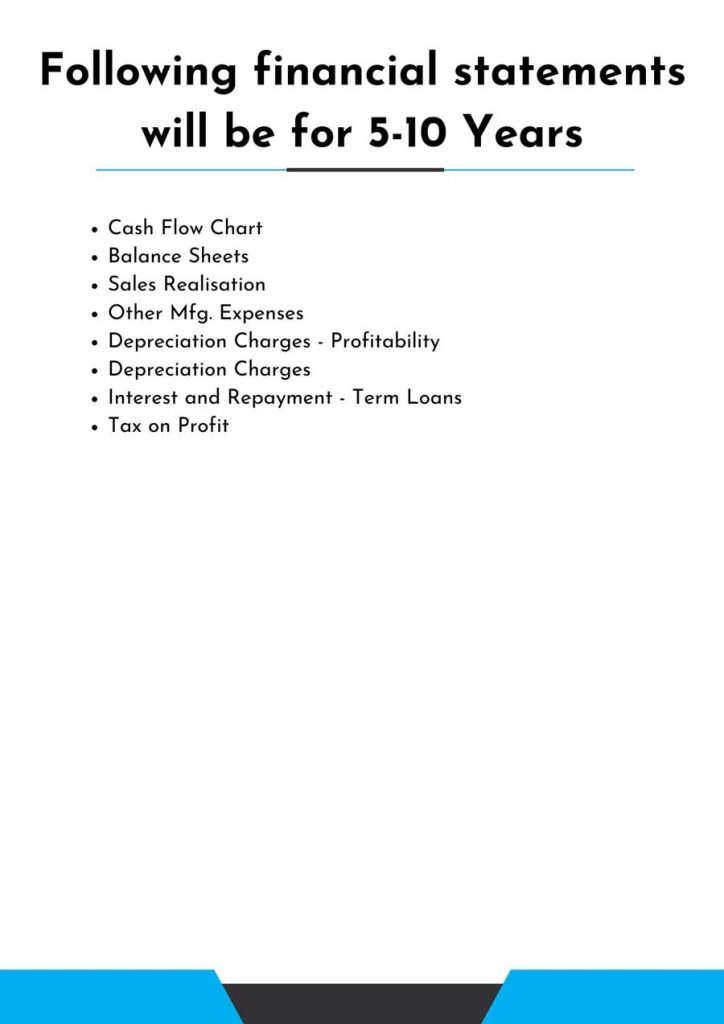Feasibility Report
On Real Estate Development
A feasibility report in real estate is an assessment of a property’s potential for successful development or investment. It analyzes factors like market demand, financial viability, and regulatory aspects. This helps stakeholders determine if the project is feasible and worth pursuing.
Introduction
Feasibility Report For Real Estate Development.
A real estate business entails profitably purchasing, selling, and leasing properties. It is a diverse industry that is vital to the world economy. The term “real estate” refers to land, buildings, and natural resources above or below ground, making it a desirable asset class. Real estate includes a wide range of property kinds, including residential, commercial, industrial, and agricultural properties, each having a different function and catering to different markets.
The origins of the real estate industry may be traced back to ancient civilizations, when land and property ownership were critical to community stability and prosperity. The sector has changed dramatically over time, responding to changes in technology, demographics, and economic situations. The real estate industry now includes a wide range of operations, from construction and development to property management and real estate finance. Individuals and families buy homes or invest in real estate.
Homeownership is frequently regarded as a pillar of wealth creation and financial stability. Real estate agents and brokers serve as middlemen, assisting purchasers in locating suitable houses and guiding them through the acquisition process. Furthermore, property developers play an important role in the residential sector, building new housing projects to accommodate the growing demand for housing.
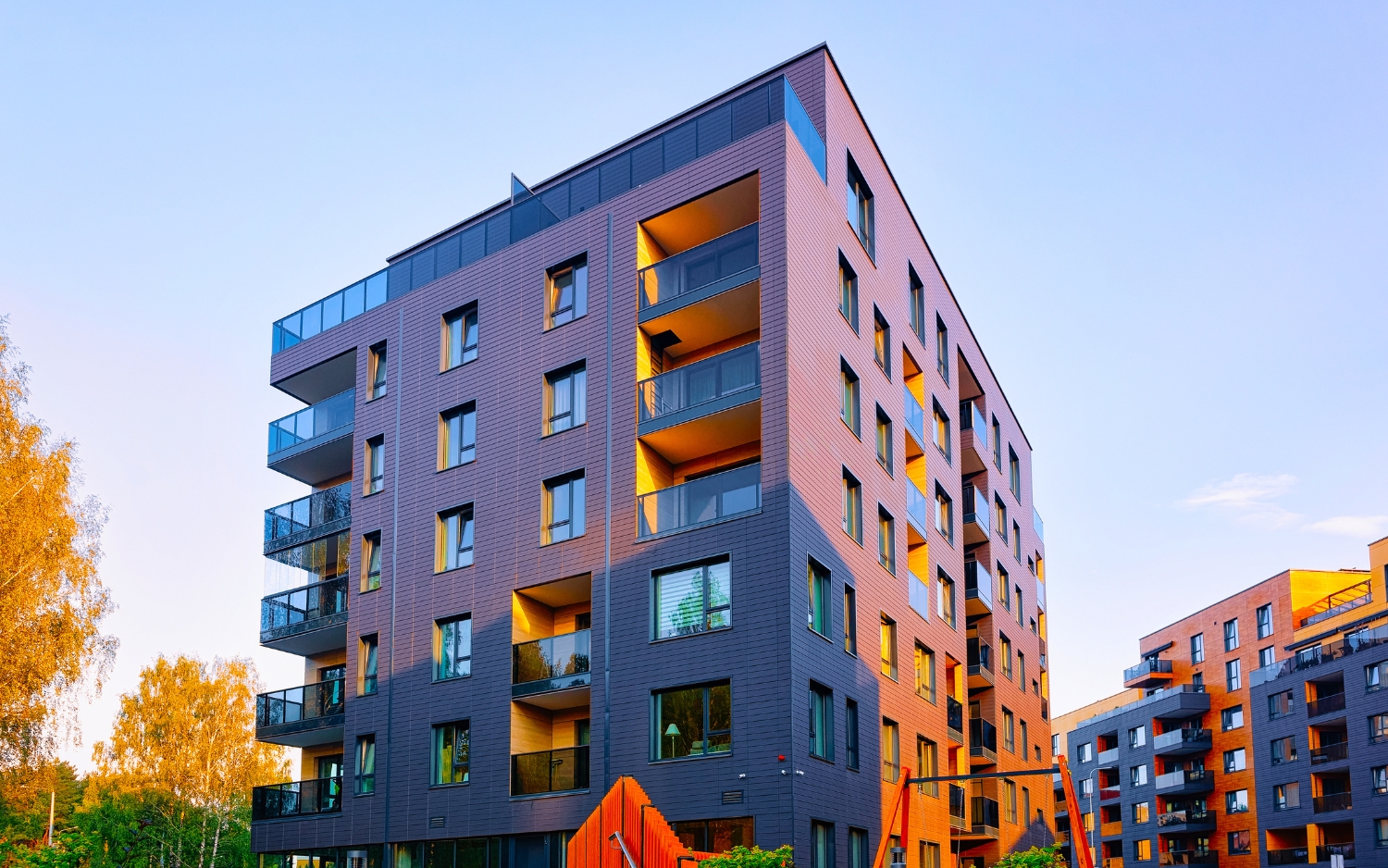
Commercial real estate deals with commercial properties such as office spaces, retail stores, hotels, and warehouses. Commercial real estate deals are more complicated and typically entail long-term leases or rental agreements. Investors seek properties that will offer rental income as well as capital appreciation. Furthermore, commercial real estate development comprises building construction and refurbishment to meet the specialised needs of businesses. Land development is a component of the real estate industry.
Developers buy undeveloped land and turn it into residential, commercial, or mixed-use developments. The development process includes zoning and planning permits, infrastructure building, and environmental compliance. Successful land development projects contribute to urbanization and economic expansion, but they often face environmental, community, and finance issues.
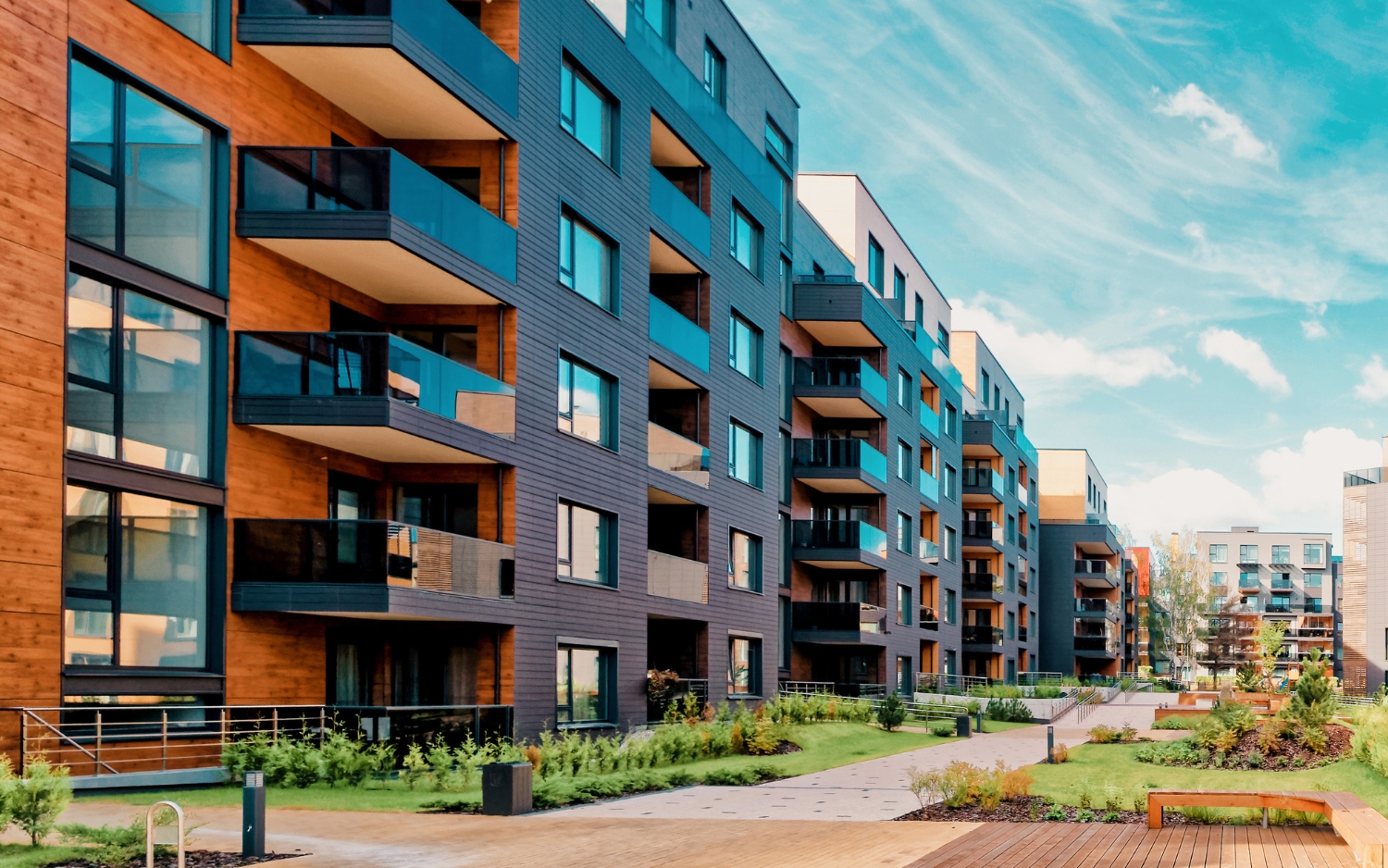
Real estate investment has become a popular way for people and institutions to acquire wealth. Real estate investments can provide consistent cash flow through rental revenue as well as the possibility of property value appreciation over time. Real estate investment trusts (REITs) provide investors with exposure to the real estate market without actually owning physical properties. These publicly traded companies own, operate, or finance real estate assets that generate income.
Feasibility Report Sample On Real Estate Development

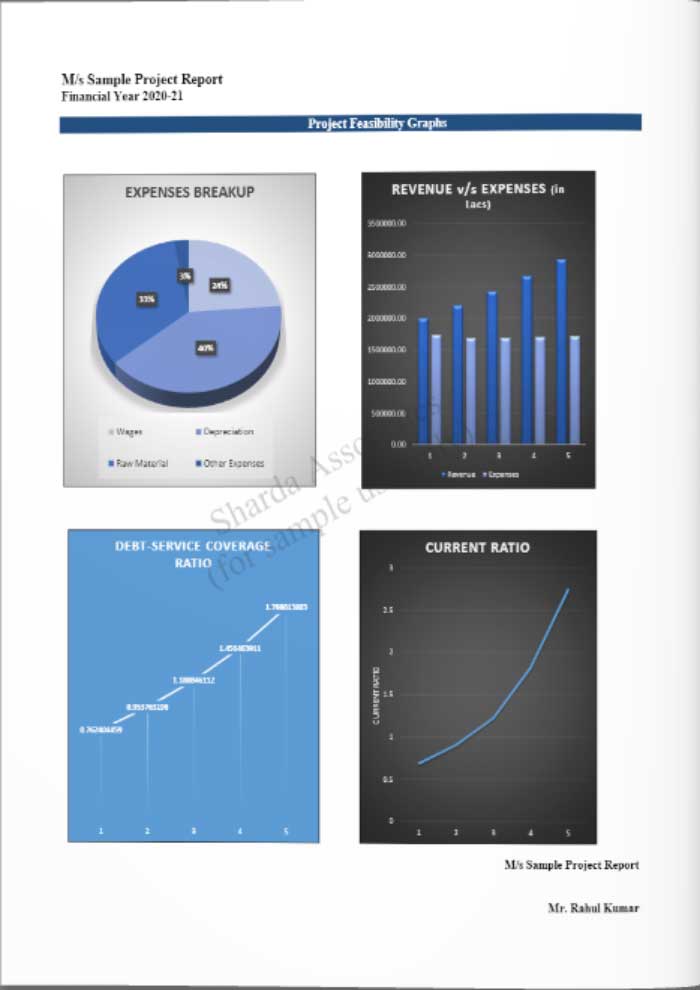
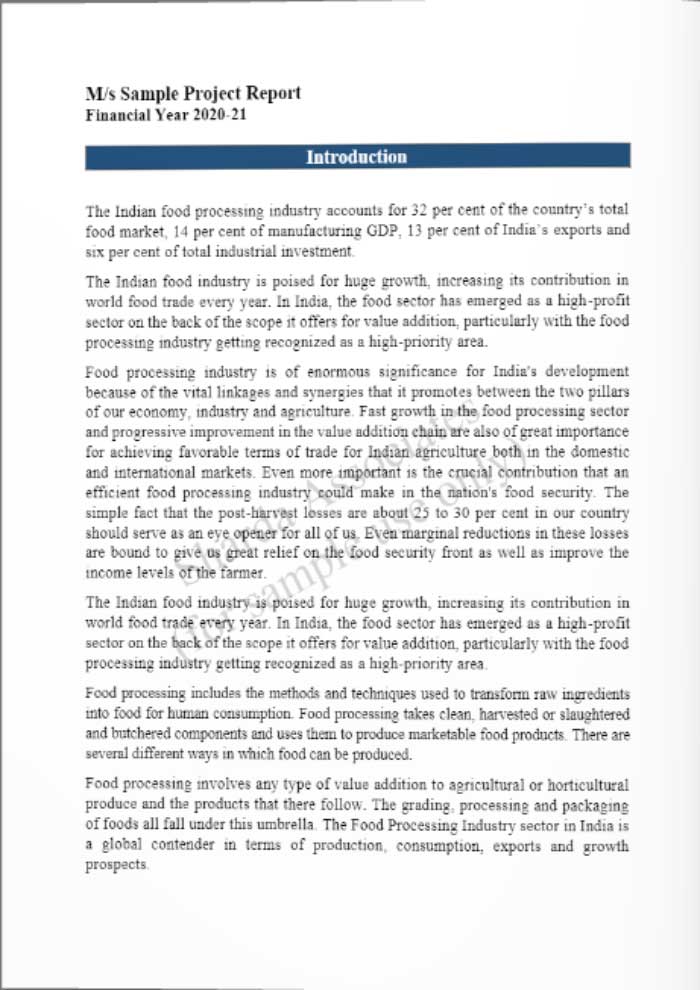
Market Strategy of Real Estate Development
The worldwide real estate market is expected to reach $7,063 billion by 2022. The market is expected to reach $7,954 billion by 2028, with a 1.8% CAGR between 2023 and 2028.
The real estate market’s market potential remains optimistic, driven by a combination of variables that fuel demand and investment prospects. Rapid urbanization, population expansion, and changing lifestyles all contribute to the ongoing demand for housing and commercial space. Furthermore, when the global economy recovers from the effects of the epidemic, increasing consumer confidence and credit availability are likely to support the property market.
One of the primary factors driving market expansion is the increasing demand for residential properties as a result of rapid urbanization and the rising disposable incomes of individuals. In conjunction with this, changing population demographics and the increasing tendency of nuclear families are also contributing to growth. Furthermore, changing customer preferences for high-quality housing in a safe and secure environment are fueling market expansion.


The business of buying and selling houses, apartments, and condominiums. Residential property demand is intimately related to population growth, household formation, and economic stability. Real estate agents and brokers play an important role in bringing buyers and sellers together, coordinating transactions, and negotiating contracts.
Real estate finance is essential for facilitating real estate transactions and development projects. Homebuyers can obtain financing from mortgage lenders, allowing them to acquire properties with a down payment and regular mortgage payments. To fund large-scale projects, commercial real estate financing entails complex negotiations involving banks, private lenders, and equity partners.
